Our Verdict
Beneath Avowed’s mycelium-covered surface lurks a good RPG stifled by a lack of real stakes. The Living Lands feel anything but alive, and while the combat strikes the right balance between fun and challenge, it doesn’t offer anything new. If you’re looking for a comfort-food fantasy RPG, then Avowed’s got you covered, but you need to set your expectations accordingly.
Paradis. I’m told it’s a city of opportunity; a beating heart, a roguish metropolis. Its streets are lined with merchants peddling their wares (ill-gotten or otherwise). According to my newfound companion Kai, a hulking gentleman with blue-scaled skin and pointed, yellowed teeth, Paradis is the embodiment of freedom. As we push open the city gates, ready to take on the world, I hear an ominous thunk. I look down and see a poisoned arrow comfortably wedged in my chest. Avowed begins much like Obsidian’s New Vegas: you’re dead, and then somehow you’re not.
Instead of facing your untimely end, eerie, crystalline tendrils reach out from the darkness, jolting you back to life whether you like it or not. The entity that resurrects you (later revealed to be Sapadal, your mysterious patron) wants you to free them, which feels like it could end really well or absolutely horribly. Ultimately, Sapadal’s fate – and the fate of the Living Lands as a whole – is in your hands: will you stay true to your Aedyran roots and play conqueror, or will you rebel and unite the region’s disparate peoples against their would-be colonizer? Avowed puts you squarely in the driver’s seat.
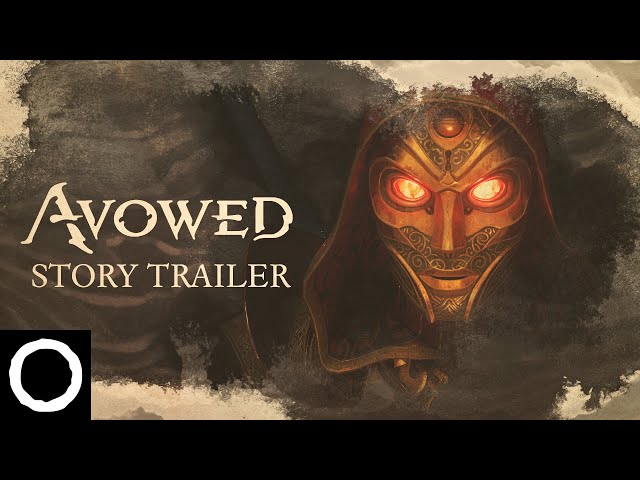
But let’s talk about the Living Lands for a second. Eerie sandstone structures inspired by corals and strange ocean fauna are dotted across sandy wastelands. Aztec-style ruins are hidden beneath snaking forest vines. Paradis mostly feels Mediterranean, but turn a corner and you’re presented with a Japanese pagoda district colored with graffiti. The environmental design reflects the variety of its people and cultures.
For all its beauty, however, the Living Lands don’t feel particularly alive. As my colleague Christian mentioned in his Avowed preview, the world is oddly static. Most environmental objects are non-interactive, doors that look like they should open don’t, and straying from the beaten path tends to end in disappointment. While Baldur’s Gate 3’s world feels like an entity in itself, Avowed’s setting simply frames the action.
That feeling is compounded by the lack of a crime system, which I first spotted during a fetch quest where a young woman asked me to remove a bunch of Xaurips (raptor-like dinosaurs) from her house. She specifically asks me not to steal anything, but as an avid kleptomaniac, I grab everything in sight. I expect her to challenge me when I return, but she says nothing.
Later in the story, I explore the mayor’s house in the Italian-inspired hamlet of Fior mes Iverno, swipe the key to a locked door right from under his nose, then loot everything around him. He doesn’t care. I barrel downstairs and unlock the door right in front of his butler. No response. I approach what appears to be his mother, who’s been overcome by the Dreamscourge plague and is murmuring nonsensically. You guessed it: she takes no notice. I briefly jump for joy when my companion Yatzli clocks me stealing her belongings, but she responds with a cheeky comment and then promptly forgets about it. Phew, I guess?
This lack of responsiveness impacts your decision-making, too. While the key mainline choices certainly test your morality, the fallout is often underwhelming. As I gradually leaned more towards freeing the Living Lands, I expected the Aedyrans to become increasingly hostile, and the Steel Garotte – Avowed’s primary antagonist faction – to shoot me on sight. Conversely, I expected the Living Lands’ other factions to respond positively to me following my support for their cause, maybe offering me discounted materials or unique dialogue. Not the case.
I kill a high-ranking Aedyran general as payback for torching one of my favorite zones and immediately expect to face ramifications. The incident is mentioned later on but is quickly brushed off. Smaller decisions contribute to your specific ending and may circle back in minor ways, but the lack of clear and impactful consequences means it seldom feels like you’re carving your own path.
Some heavier choices garner positive or negative reactions from your companions, but you can expect to face a bit of grumbling at worst. I’m sometimes making decisions that go against everything these characters stand for, but their lack of autonomy relegates them to being my cheerleaders. This is especially frustrating because the character writing is otherwise well-rounded and complex.
I accompany Kai on a journey to overcome his grief, which hits close to home and makes me shed a tear. I uncover the secrets of Marius’ forgotten past and help him deal with his anxiety. I’m there for Giatta as she grapples with whether to fulfill her family’s destiny or forge her own path, and I encourage Yatzli to chase her dreams, even if it means sacrificing everything she knows. I even bond with Pillars of Eternity 2’s Inquisitor Lödwyn, who I grow to understand and even occasionally agree with despite her being the primary antagonist. Their stories are often heart-wrenching, and their dialogue is convincing, so it’s a shame that they end up feeling like pawns in your story rather than leaders of their own.
Your companions’ impact on the flow of combat is also minimal. I bring Kai along because I’ve hard-specced into Wizard and need a tank, as well as Yatzli because, honestly, I just love her. While you can take advantage of some basic synergies and companion skills (Yatzli can dispel illusions and Giatta can bring dead machinery back to life), your team composition doesn’t matter much, especially in the late game.
Avowed also nudges you to cycle through allies organically so you can get used to playing with each of them. Certain story beats require you to bring certain characters, and you’ll also encounter the odd blocked-off path that only a specific companion can clear. I found myself falling in love with characters I knew I’d leave on the sidelines in any other game, all because Avowed pushed me to include them in my party.
Combat is generally slick and fluid, and as a sucker for flashy effects, I love the animations for the Wizard’s spells. I choose to run the Grimoire of Storms, which gives me access to lightning and ice-based spells. These also impact your surroundings, with ice freezing water and lightning electrifying it, dealing damage over time.
Enemies don’t scale with your level, so while you may struggle early on, you’ll eventually find yourself one-shotting most monsters. That does rely on you having the right gear, and you’ll need to do a few side quests at the beginning of the game to get there. But given the abundance of loot and upgrade materials found in hard-to-miss chests, you start to scale up quickly.
Despite offering outwardly earth-shattering choices, the game feels a little too railroaded – almost like it’s still got the training wheels on. You travel from one place to another fighting the same kinds of enemies and collecting the same sorts of materials. You upgrade your weapons and armor, then do it all over again without having to think about the ramifications of stealing high-tier loot and breaking into random buildings. The lack of consequences contrasts starkly with the game’s insistence that your choices matter.
There are still flickers of Obsidian’s playfulness: Yatzli unironically drops a “one does not simply waltz into an Archmage’s domain unprepared,” for example. A random encounter in a store has me discussing the use of Essence (or mana) to help cure “male flaccidity” as part of a study pensively known as “boning without bones.” Avowed is an Obsidian game in spirit, but not so much in practice.
Perhaps we’ll eventually see modders or DLC transform it into a fully realized experience, but right now it pales in comparison to the enjoyable complexity of its competition. If you’re looking for a fantasy Fallout New Vegas, you won’t find it here, nor will you find the moral complexities of a Dragon Age: Origins or Baldur’s Gate 3. What you will find, however, is a 30-hour comfort-food RPG that feels like a Dungeons and Dragons one-shot, for better or worse.
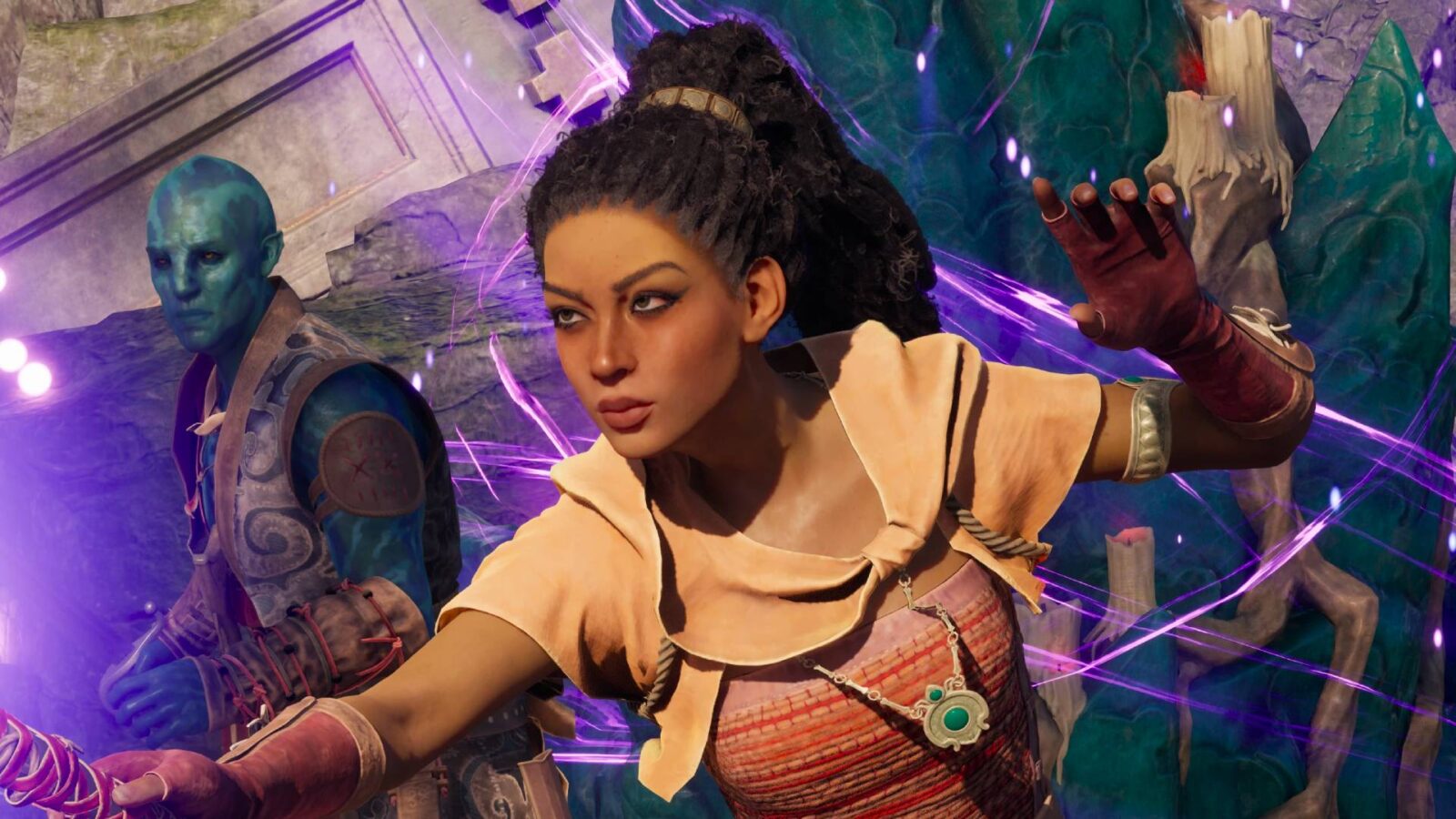

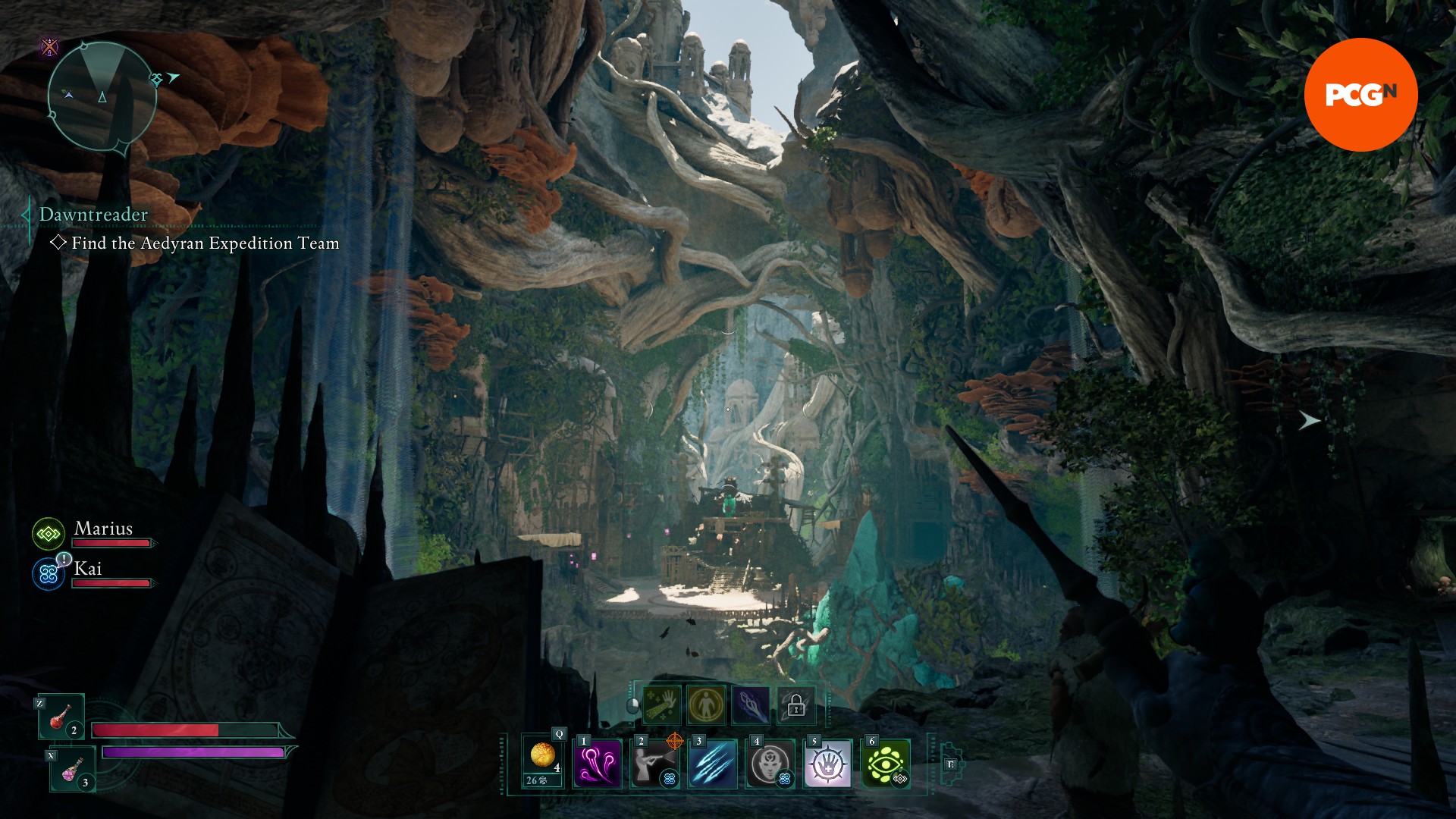
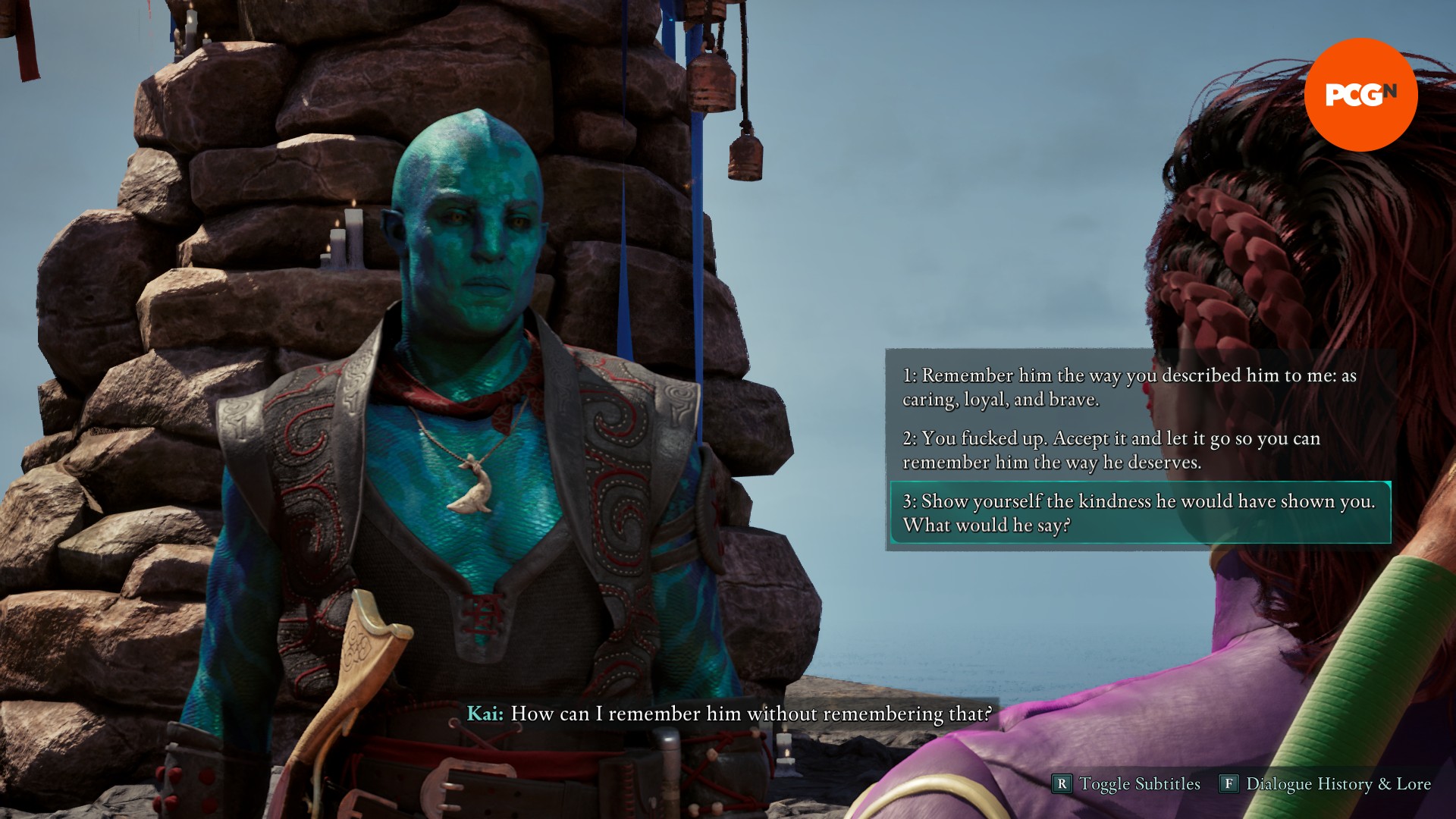
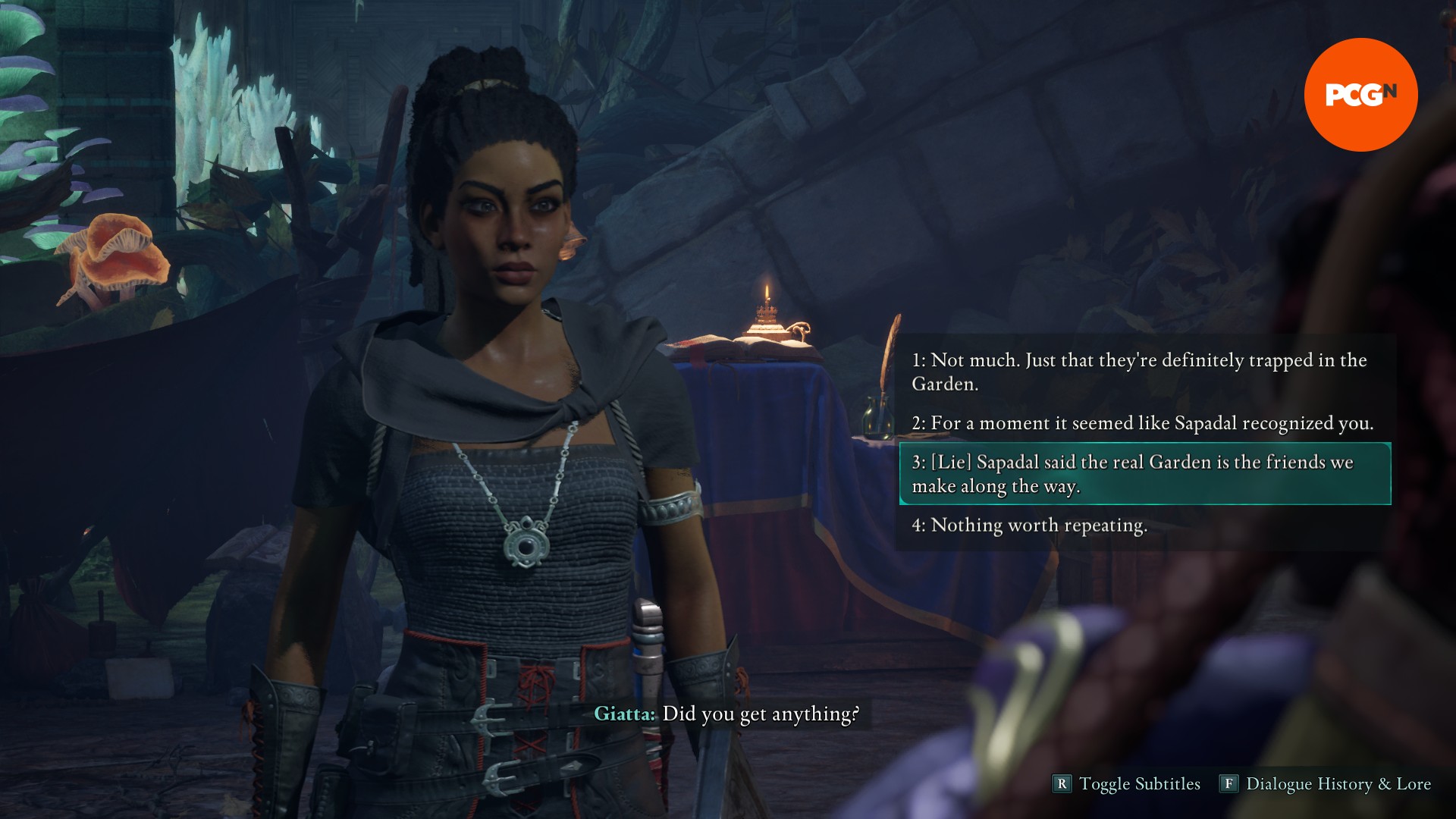
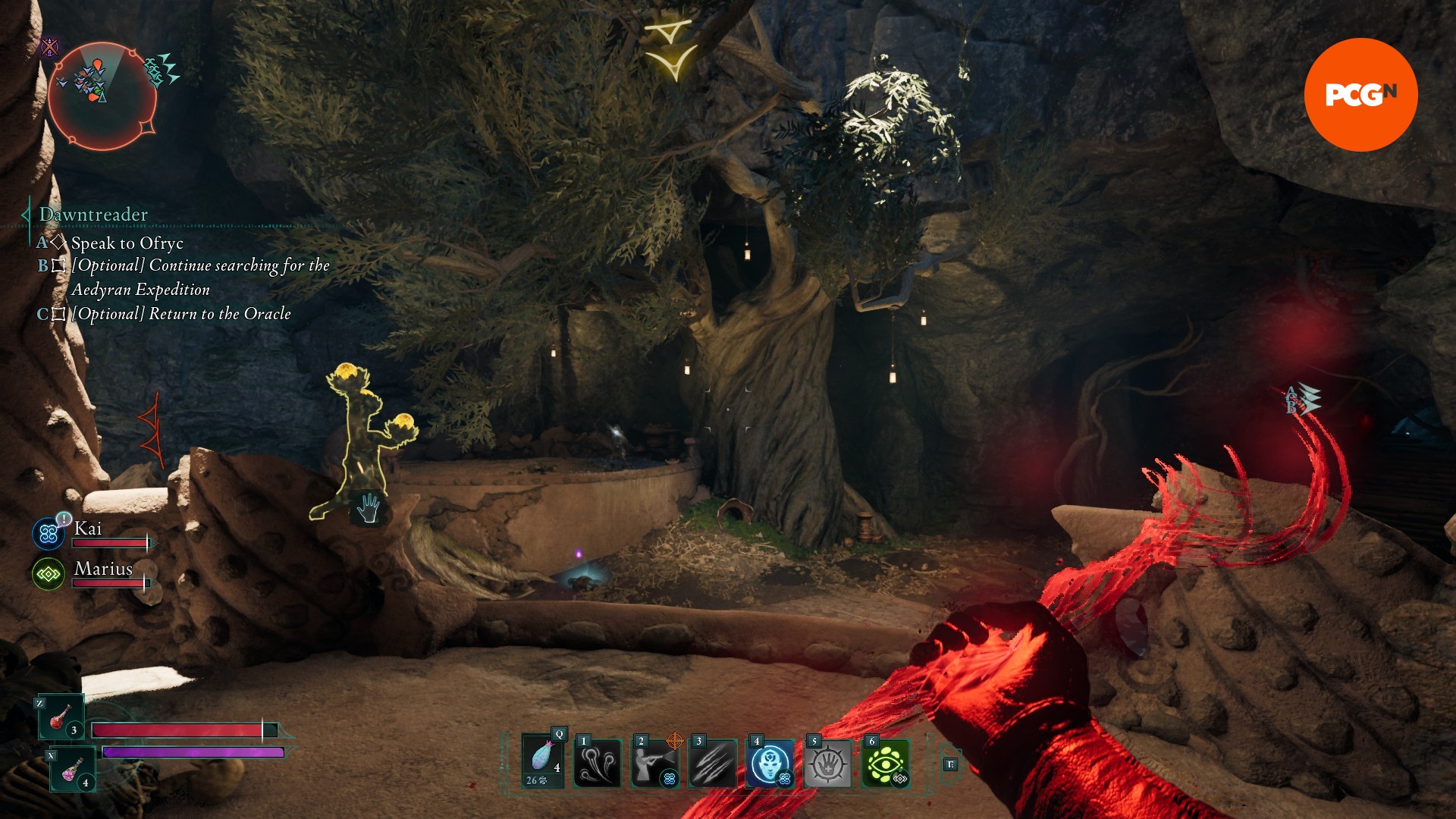



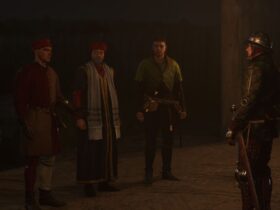
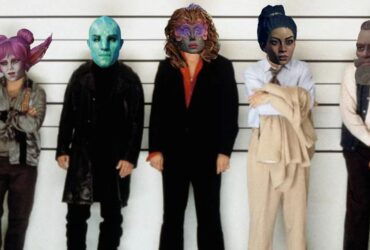


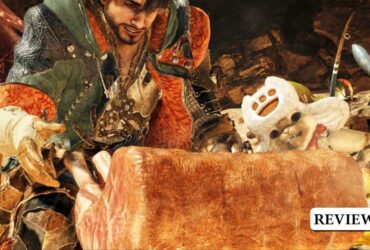

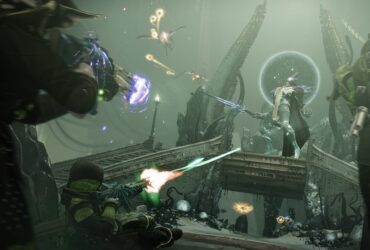
Leave a Reply